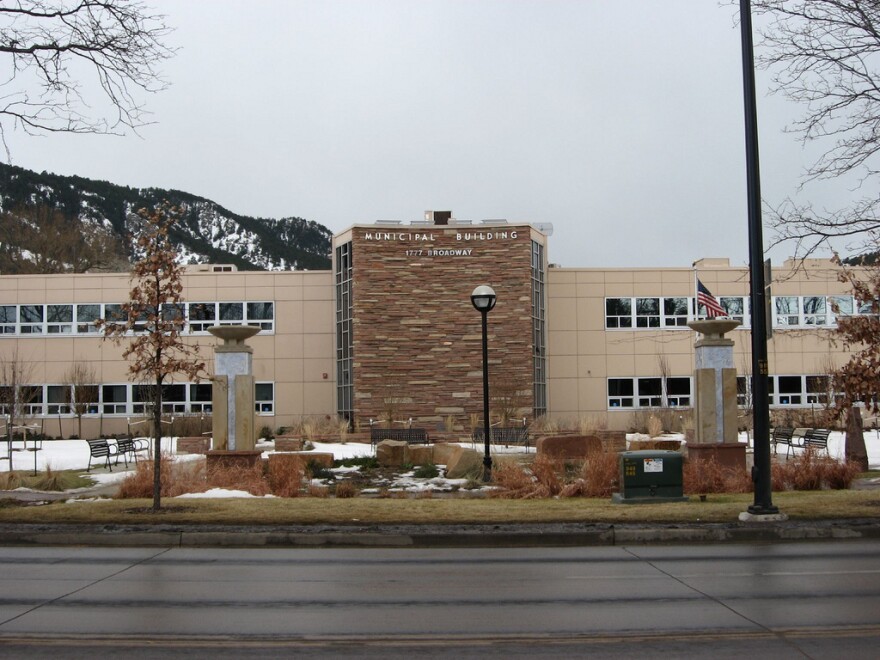Today on Colorado Edition: we’ll discuss misinformation in the news industry and on social media. Plus, why the Boulder City Council is keeping its severe weather shelter open longer. And, we’ll look back at nuclear testing, and a failed experiment in nuclear fracking.
Disinformation and Misinformation

On today’s show, we’re delving into the world of truths and lies: disinformation campaigns, fabricated news websites, and fake twitter accounts impersonating local journalists. We speak with Marianne Goodland, chief statehouse reporter for Colorado Politics, about her experiences with a fake twitter account. Plus, we talk to Nancy Watzman, an adviser to the Colorado Media Project, who is working to combat misinformation and disinformation. You can find out more about the First Draft Local News Fellowship here.
We also listen back to an excerpt of our conversation with Vanessa Otero, founder of the Media Bias Chart. You can find that whole conversation here.
Severe Weather Shelter

The severe weather shelter in Boulder will now be open nightly through the end of March, after unanimous approval from the Boulder City Council earlier this week. Previously, it had only opened on especially cold nights. It’s a reversal of a similar proposal made last year, which was denied by the council. But, despite unanimous support from the council this time around, there are concerns in the community that improved services could draw more people experiencing homelessness to Boulder.
Sam Lounsberry from The Boulder Daily Camera joins us to discuss what this means. You can read his reporting on the meeting and the decision here.
Nuclear Downwinders
During the Cold War, large swaths of land in Nevada were used for atomic weapons testing. Over time, people in small towns just miles from the testing started getting sick — and three decades ago, a federal law offered a formal apology and eventually created a program to both reach out and pay partial restitution when appropriate. But that program is ending soon. Noah Glick reports.
Nuclear Fracking

Fifty years ago, near what's now the Western Slope community of Battlement Mesa, scientists tried to drill for natural gas using a nuclear bomb, a process known as nuclear fracking. The idea was seen as a potentially cheaper way to produce energy. But it failed when the gas from the site was too radioactive to sell. KUNC's Matt Bloom joins us to tell us more.
Colorado Edition is made possible with support from our KUNC members. Thank you!
Our theme music was composed by Colorado musicians Briana Harris and Johnny Burroughs.
Colorado Edition is hosted by Erin O'Toole (@ErinOtoole1) and Henry Zimmerman (@HWZimmerman), and produced by Lily Tyson. The web was edited by digital editor Jackie Hai. Managing editor Brian Larson contributed to this episode.
KUNC's Colorado Edition is a news magazine taking an in-depth look at the issues and culture of Northern Colorado. It's available on our website, as well as on iTunes, Google Play, Stitcher, or wherever you get your podcasts. You can hear the show on KUNC's air, Monday through Thursday at 6:30 p.m.



